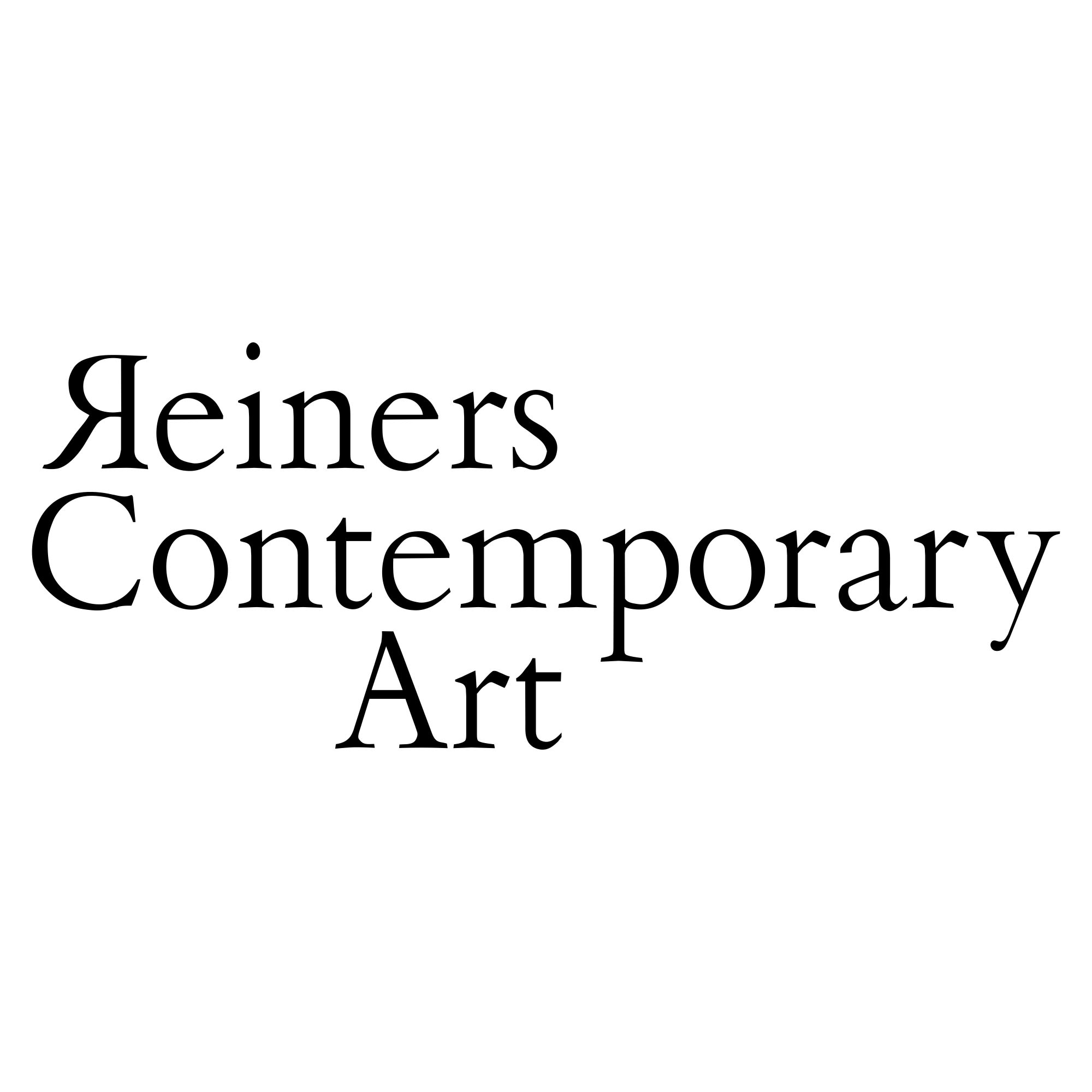His narrative, informed by a raw and forceful naturalism, focuses on rural life, its difficulties and the affective relationships that derive from it.
Born in Brazil, 1981.
Fábio Baroli is a mid-career visual artist. The most recurrent medium in Baroli's artistic practice is painting and the preferred styles are figuration and conceptual art. Appropriation and reference to the photographic image are part of the artist's process.
A descendant of the genealogical branch initiated in Brazil by Almeida Júnior (1850-1899), Baroli produces works that express a worldview anchored in country life and the regional imaginary.
Traditional genres - such as portraiture, landscape and still life - are mixed with everyday scenes from the artist's life in paintings of sharp, striking gestures: works that reveal traces of editing (assemblages, collages and interventions) typical of digital software.
Heir to a tradition of images strongly imbricated with cultural anthropology, Fábio Baroli's most recent work represents a poetic gesture of restitution of the everyday and the vigorous musculature of the regional imaginary. His narrative, informed by a raw and forceful naturalism, focuses on rural life, its difficulties and the affective relationships that derive from it. Each individual representation is a kind of X-ray of events, a historical record and a tribute to the agrarian culture of Brazil and Latin America.
In his case, painting appears carnal, stimulates the appetite and engenders an almost bulimic fear of an object of desire which, in the final analysis, is nothing other than life itself. In this way, painting confers clarity and meaning on historical progress. If we understand traditional visual narrative as a record of the social and aesthetic behaviour that characterises a group of people belonging to a particular time, place and culture, then we must recognise the traditional character and traditional dimension that are anchored in the work of this extraordinary artist.
Fábio Baroli's Latin America, rural and agrarian, decentralised and peripheral, presents itself under the seal of authenticity and thirst for knowledge. Culture does not require more instructions, more sober prescriptions; it requires, urgently in fact, the liberation and recovery of innovation, the magnetisation of the authentic, the naturalisation of its daily rituals; rituals that were transformed into the scene of the exotic by the colonial gaze.
Fábio lives and works in São Paulo.
Text by Andrés Isaac Santana

